Depression in Seniors: Signs and Treatment
Seniors with chronic conditions are more likely to have depression
Depression often occurs in seniors who suffer from other medical conditions and disabilities. While many people experience periods of sadness at times, the condition is treatable. It isn’t just feeling sad or blue. It can lead to or can be a by-product of a serious medical condition. The disease may lead to seniors not being social, not eating, and lapsing in general hygiene and care. It is more than feeling upset one day.
Depression is a long term condition that can pervade a senior’s life and is a real illness. Being diagnosed with depression does not mean the person has a character flaw or is weak. But they will need help and support from medical experts and loved ones. Clinical conditions do not fix themselves and go away. Anyone suffering from depression will need a plan of care to maintain a successful lifestyle.
Medical problems can trigger, or worsen, the symptoms of depression in seniors. Any medical conditions, especially those that are painful, debilitating, or life-threatening can result in symptoms of depression including Parkinson’s disease, stroke, dementia, Alzheimer’s disease, heart disease, and cancer.
Depression can occur in the elderly, but it is not a normal part of aging. Many seniors do experience the condition, but it is not normal. Triggers can come from different life experiences and can include the death of a loved one, a surgical procedure, or dealing with the medical condition.
Symptoms
There are many symptoms of depression. Symptoms in older adults, according to the American Association for Geriatric Psychiatry, include:
Persistent sadness
Feeling slowed down
Excessive worries about finances and health problems
Frequent tearfulness
Feeling worthless or helpless
Weight changes
Pacing or fidgeting
Difficulty sleeping
Difficulty concentrating
Somatic complaints (unexplained physical pain or gastrointestinal issues)
Withdrawal from social activities
Types of Depression
There are two major forms of depression in seniors: major depression and persistent depressive disorder. With major depression, the depressive attacks occur in episodes. This may only happen once, but will often happen on multiple occasions over the course of someone’s life. These episodes will interfere with all aspects of an individuals life, including eating, sleeping, and life enjoyment.
Persistent depressive disorder lasts for a minimum of two years. This is long-term depression, during which many episodes of major depression can occur.
There are other forms of the condition that can occur including seasonal affective disorder and psychotic depression.
Treatment in Older Adults
Effective treatment in older adults can require more than one approach:
Psychotherapy
Ongoing talk therapy can be a source of support for elderly patients.
Support Groups
Groups designed to connect to older adults experiencing similar issues are beneficial in establishing social support and providing a safe space to talk.
Medication
Antidepressants can be prescribed to relieve the symptoms of depression. Antidepressants can have significant side effects, and elderly patients are sensitive to medications. Medication should be closely monitored.
Lifestyle Changes
Daily exercise, healthy eating, habits, and increasing social support are all important in helping elderly patients with depressions. Hiring a care companion can help facilitate these lifestyle changes and assist with disease management.
Caregivers can establish regular visit times, transport seniors to and from medical appointments, schedule outings, assistance with meal preparation and planning, escorting to the dining room at a care facility, assist with personal care and hygiene, and monitor medication and overall health and wellbeing.
Get Help
Seniors exhibiting the signs of depression should seek help. If the concerns are serious and immediate call the free, 24-hour National Suicide Prevention Lifeline at 1-800-273-TALK (1-800-273-8255) or 1-800-799-4TTY (1-800-799-4889).
There are groups that can help, including the Depression and Bipolar Support Alliance and the Substance Abuse and Mental Health Services Administration.
Grief vs. Depression
When faced with the loss of a loved one or a major lifestyle change, seniors may feel a sense of grief. These feelings will come and go, sometimes they will be very intense and later subside. Grief can be a way we deal with a painful loss. A major difference between the two is that depression is a constant state and grief will come and go. Someone who has experienced grief over a long time may have depression, but they may also just be reconciling their feelings over a longer period of time.
More Information
To learn more about depression in seniors, visit the National Institute on Aging.Depression may also result in anxiety, which as several signs and treatment options.

